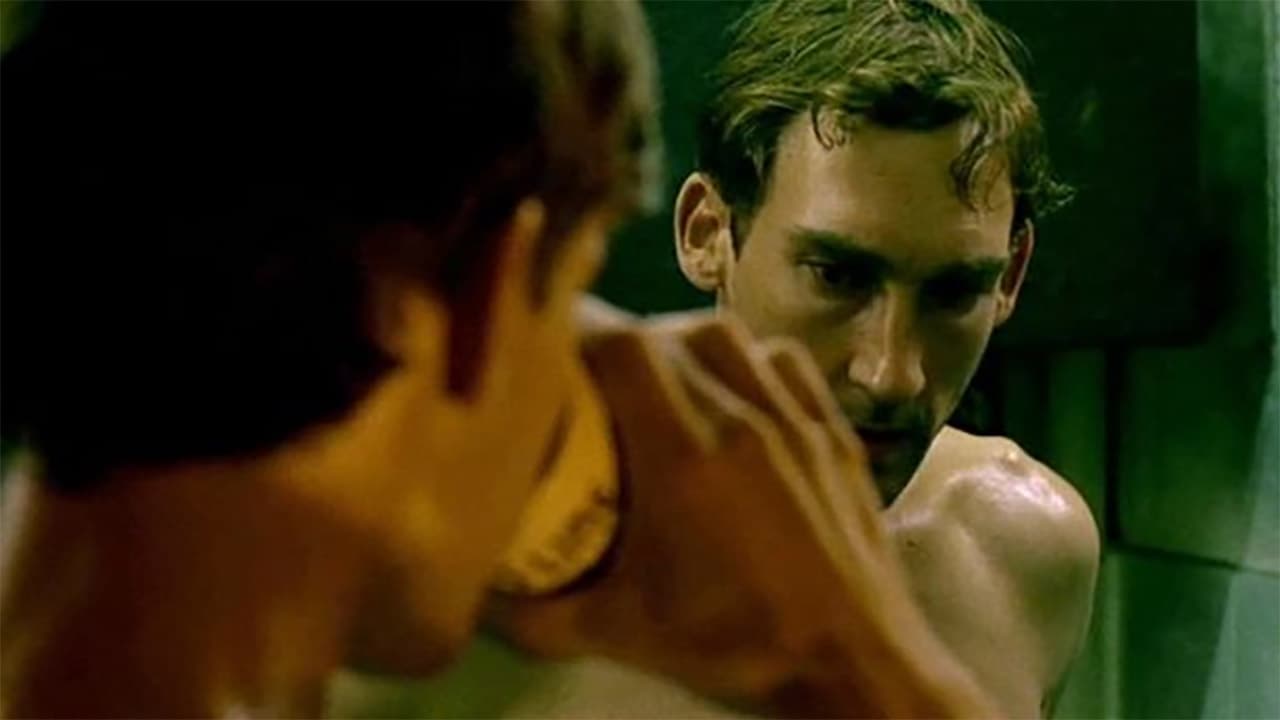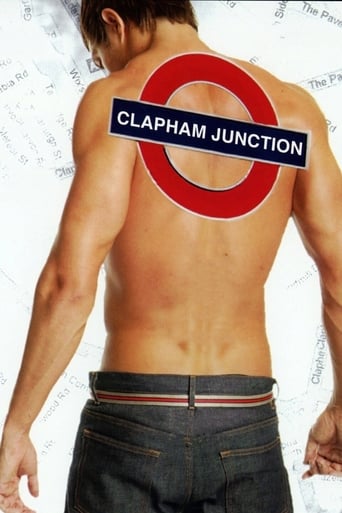

the audience applauded
... View MorePurely Joyful Movie!
... View MoreA movie that not only functions as a solid scarefest but a razor-sharp satire.
... View MoreAfter playing with our expectations, this turns out to be a very different sort of film.
... View MoreHaving lived in London and going there often now than I am older, I do see the similarities of how the "old days" of homophobia are once again a lot more apparent with bashings happening mostly from different groups. I have to laugh at the reviewer from Berkely (who just happens to rent mostly gay or muscle movies) because he condemns the lack of story and the insight this film exposes of how regressive the behavior of the so called "enlightened" middle class members as this well acted cast are so subtly afraid and fearing the general violence returning to their lives.No longer does one believe that legalization of the life style as holding up and it is artfully revealed at the dinner party. Joan Rivers says in her act "that all Brits are gay and YOU know it" because good manners and breeding are no longer part of the old ways and the way the crazed mother behaved at the dinner party and the beating occurs to the most attractive and harmless young man in what is a posh area of the city. The scene of the young man with the closeted and terrified handsome older neighbor is something most gays have to go through at some time, but has never been so truthfully filmed with the testosterone overwhelming the innocent while blending into yet another story of verbalizing the increasing homophobia. This is really well directed and the message is not a shallow story, but when one sees the gangs of thousands of immigrants who have changed Europe, the Joan Rivers joke all of a sudden becomes kind of a reality because there is not the refinement and control of behavior where almost every gay, closeted or flamboyant gay was accepted and free to "carry on".The war and "don't ask, don't tell" is causing a lot of grief for gays and it is just as apparent in the states, but not as finely drawn as this film presents unspoken truths. Those who make fun of it, would seem to me to be gay or closeted themselves and express critics in their "straight" reviews. Surely everyone rented the film because of their interest in gay film and not about a very scary statement the director intended. It is one of the best gay themed films which has been released for other reasons than to titillate and look for nude men and gay sex which is typical of most gay themed films.CLAPHAM JUNCTION is artfully done and horrendously sad along with the rest of what is happening around the world.I doubt if anyone wasn't somehow moved or bothered by this film.
... View Moresingularly offensive in that it makes a pretense of addressing some of the darker issues of gay subculture while actually exploiting them for the titillation factorreminiscent of a '50's pulp novel, with graphic and sensational violencepresents an unrelentingly grim picture of life as a gay man, and offers no redemption whatsoevernot particularly well-acted (the women could do with fewer histrionics), though it is interesting to see the leads of Maurice together againcinematography exaggerates the sordid, but is otherwise lackluster
... View MoreThis movie gets another mixed review from me.I didn't mind the negative portrayals so much (unsympathetic people exist, after all, among straights and gays alike, as does hatred and hypocrisy, and the performances were mostly really good), but I didn't like that that's all we get in this film. I've read that the writer didn't intend to portray the full range of gay life, but I guess that was what I expected from an anniversary-type movie. All the depression, the violence, the negativity left me feeling rather bleak and unsatisfied, thinking "But that's not all there is!"And, on a rather superficial note, as a big fan of 'Maurice' I did wish for more interaction between Wilby and Graves. :)
... View MoreGood performances. OK - now wev'e got the only positive comment about this TV film out of the way, let's have a look. What the hell was the point of this? Populated by a group of unpleasant, unlikeable stereotypes, it really looked like something that would have been made 20 years ago. Cliché ridden and unrelentingly grim throughout, the gay characters were either predatory, seedy individuals or had serious repression/hang up or psychological problems. The sex and violence scenes were sensationalist to say the least. This was meant to be part of C4's marking of 40 years of the liberation of gay men from the previous institutionalised repression they had suffered in this country throughout history. There are gay men like the ones in the film, I sometimes meet them, but they certainly do not represent the majority. Nobody wanted to see a positive propaganda exercise about gays, but neither did we want to see this parade of sad / damaged individuals. Whatever happened to balance? A piece of TV that was thoroughly depressing and ultimately, totally pointless.
... View More